Home>Renovation & DIY>Tools & Equipment>What Is A Torque Screwdriver
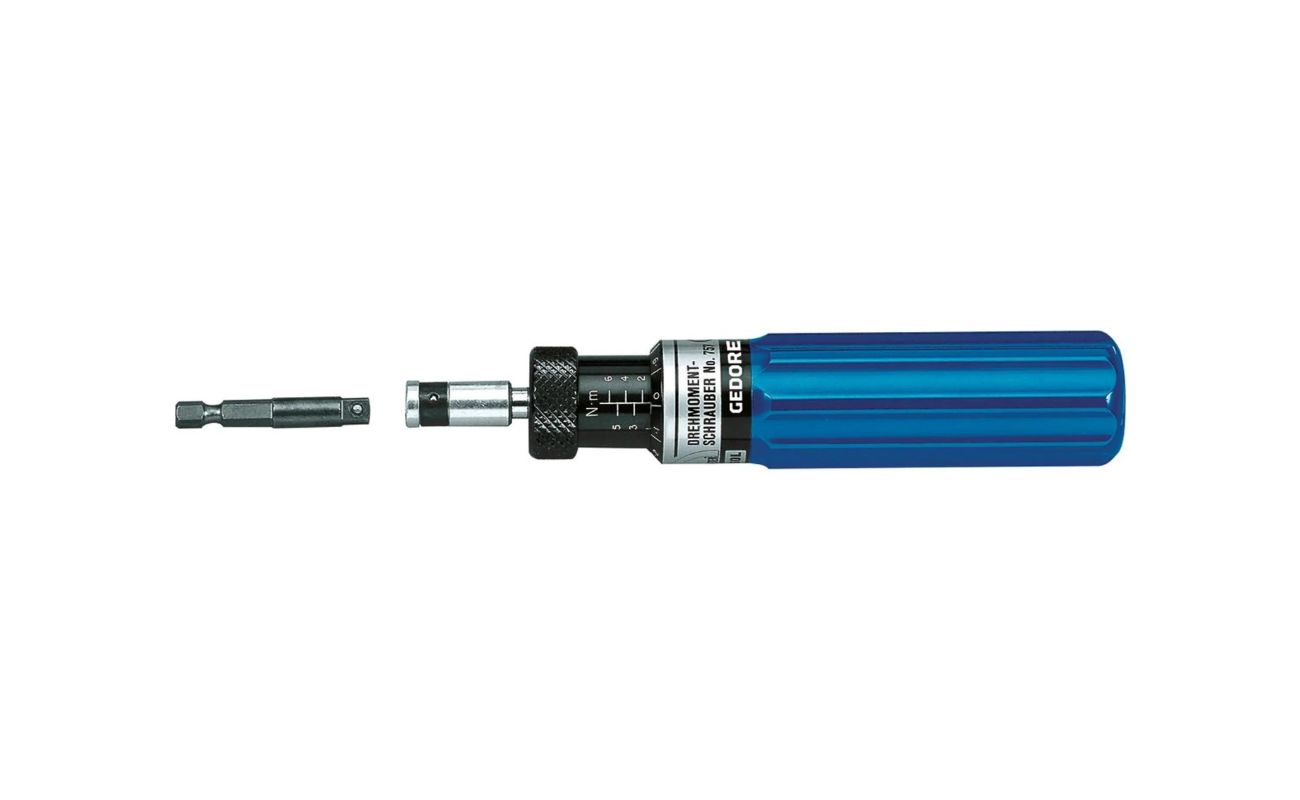

Tools & Equipment
What Is A Torque Screwdriver
Modified: February 26, 2024
Discover the importance of a torque screwdriver and why it is a vital tool in the world of tools and equipment. Learn how it ensures precise and accurate fastening, preventing damage and ensuring safety.
(Many of the links in this article redirect to a specific reviewed product. Your purchase of these products through affiliate links helps to generate commission for Storables.com, at no extra cost. Learn more)
Introduction
A torque screwdriver is an essential tool for any handyman, technician, or DIY enthusiast. It plays a crucial role in various industries, such as automotive, construction, electronics, and manufacturing. But what exactly is a torque screwdriver, and why is it so important?
A torque screwdriver is a precision tool used to apply a specific amount of torque or rotational force to fasteners such as screws, bolts, and nuts. Unlike a regular screwdriver, which relies on the user’s strength and judgment to apply the appropriate force, a torque screwdriver ensures consistent and accurate torque application, preventing overtightening or undertightening of fasteners.
But how does a torque screwdriver work and why is it necessary in different industries? Let’s delve deeper into its functionality and significance in the next sections.
Key Takeaways:
- Torque screwdrivers are precision tools that ensure accurate and consistent torque application, preventing damage and improving safety in industries such as automotive, aerospace, and electronics.
- Proper maintenance, including regular calibration and cleanliness, is crucial to prolong the lifespan and accuracy of torque screwdrivers, ensuring optimal performance and reliability.
Read more: How To Use Torque Screwdriver
Definition of Torque Screwdriver
A torque screwdriver is a specialized hand tool designed to precisely apply a specific amount of torque to fasteners. It is equipped with a mechanism that allows for the adjustment of torque settings, ensuring that the desired amount of force is applied during the tightening or loosening process.
The torque measurement is usually indicated on a scale or dial, allowing the user to set the desired torque level. Some torque screwdrivers feature a clutch mechanism that causes the tool to disengage or slip when the preset torque is reached, preventing over-tightening and potential damage to the fastener or the material being worked on.
Torque screwdrivers are available in various designs and sizes to accommodate different applications and industries. From small handheld models to larger, more powerful versions, torque screwdrivers offer versatility and precision in fastening tasks.
These tools are commonly used in industries such as aerospace, automotive, electronics, and construction, where accuracy and consistency in torque application are paramount.
Now that we understand the definition and purpose of a torque screwdriver, let’s explore how it actually works.
How Does a Torque Screwdriver Work?
A torque screwdriver operates on the principle of applying a specific amount of rotational force, or torque, to fasteners. The tool’s mechanism allows for precise torque adjustment and control, ensuring that the desired force is applied during the tightening or loosening process.
The internal mechanism of a torque screwdriver typically consists of a clutch system. This system consists of a series of components such as springs, ball bearings, and a clutch plate. These components work together to control the amount of torque applied to the fastener.
When using a torque screwdriver, the user sets the desired torque level using the scale or dial on the tool. This adjusts the tension in the clutch mechanism, determining how much resistance is required before the clutch engages and stops further tightening.
As the fastener is being tightened, the torque screwdriver applies rotational force. When the preset torque setting is reached, the clutch mechanism disengages or slips, preventing further tightening. This ensures that the fastener is not overtightened, which can lead to damage or failure.
Some torque screwdrivers also offer features such as audible or tactile feedback. Audible feedback includes a clicking sound or a beep when the desired torque is reached, providing an additional indicator for the user. Tactile feedback can be felt through the handle, indicating when the clutch mechanism is disengaging.
To maintain accuracy and reliability, torque screwdrivers should be recalibrated periodically according to the manufacturer’s guidelines. This ensures that the set torque level remains consistent and accurate over time.
Now that we’ve covered the functioning of a torque screwdriver, let’s explore the importance of this tool in various industries.
Importance of Torque Screwdrivers
Torque screwdrivers play a vital role in numerous industries and applications due to their importance in ensuring precise torque application. Here are some key reasons why torque screwdrivers are essential:
- Precision and Consistency: Torque screwdrivers ensure that fasteners are tightened or loosened with precision and consistency. This is crucial in industries such as automotive and aerospace, where certain components require specific torque levels to ensure proper function and safety.
- Prevention of Damage: Over or under-tightening fasteners can lead to damage, whether by stripping thread or causing stress on the material being worked on. Torque screwdrivers prevent this by accurately applying the correct amount of torque, reducing the risk of damage to both the fasteners and the surrounding materials.
- Quality Control: In manufacturing processes, torque screwdrivers are used to maintain quality control by ensuring all products are assembled with the appropriate torque. This helps eliminate product defects, improve reliability, and meet industry standards.
- Safety: In industries where safety is paramount, such as construction and electronics, torque screwdrivers are essential to prevent hazards caused by improperly secured fasteners. Properly torqued fasteners ensure structural integrity and reduce the risk of accidents or failures.
- Efficiency and Time-saving: Torque screwdrivers expedite fastening tasks by eliminating the need for guesswork or manual judgment. With their preset torque settings, they ensure quick and accurate tightening or loosening of fasteners, ultimately improving efficiency and saving time.
Overall, torque screwdrivers are indispensable tools for professionals and DIY enthusiasts alike. They provide precise torque control, prevent damage, uphold quality standards, enhance safety, and improve overall productivity in a wide range of industries and applications.
Now that we understand the significance of torque screwdrivers, let’s explore the different types available on the market.
Different Types of Torque Screwdrivers
Torque screwdrivers come in various types and designs to meet the specific needs of different industries and applications. Let’s take a closer look at some of the common types:
- Manual Torque Screwdrivers: These are handheld screwdrivers that require the user to manually generate torque by twisting the handle. They are suitable for light-duty applications and offer simplicity and affordability.
- Adjustable Torque Screwdrivers: These torque screwdrivers feature an adjustable torque setting, allowing the user to select the desired torque level from a range. They are versatile and commonly used in industries where different torque requirements exist.
- Pre-set Torque Screwdrivers: These torque screwdrivers have a fixed, pre-set torque level. Once the desired torque is reached, the tool disengages or slips, signaling the user to stop tightening. They are ideal for applications where a consistent torque level is required to maintain product integrity.
- Electric Torque Screwdrivers: These screwdrivers use electric power to generate torque, making them suitable for high-volume production lines or applications that require frequent and repetitive fastening. They often come with adjustable torque settings and offer enhanced speed and precision.
- Digital Torque Screwdrivers: These advanced screwdrivers feature a digital display that shows the torque being applied in real-time, providing accurate measurement and feedback. They are often used in industries that demand precise torque control, such as aerospace and electronics.
- Pneumatic Torque Screwdrivers: These screwdrivers are powered by compressed air, making them powerful and suitable for heavy-duty applications. They offer high torque output and are commonly used in manufacturing and construction industries.
It’s important to select the appropriate type of torque screwdriver based on the specific requirements of your task or industry. Consider factors such as torque range, accuracy, power source, and the type of fasteners being used.
Now that we’ve explored the types of torque screwdrivers available, let’s move on to understanding how to effectively use these tools.
When using a torque screwdriver, always ensure that you are using the correct bit for the screw head to prevent stripping or damaging the screw.
Read more: What Is A Slotted Screwdriver
How to Use a Torque Screwdriver
Using a torque screwdriver correctly is crucial to ensure accurate and consistent torque application. Here are the steps to effectively use a torque screwdriver:
- Select the Correct Torque Setting: Determine the appropriate torque level for your specific application by consulting the manufacturer’s guidelines or industry standards. Ensure that the torque screwdriver is set to the desired torque setting.
- Prepare the Fastener and Screwdriver Bit: Properly position the screwdriver bit in the fastener head, ensuring a secure fit. Make sure the fastener is aligned with the intended location and tightened correctly before applying torque.
- Apply Torque Gradually: Hold the torque screwdriver by the handle, keeping it perpendicular to the fastener. Begin applying force in a smooth and controlled manner while maintaining a steady grip. Avoid sudden or jerky movements that may affect the accuracy of torque application.
- Observe the Indicator: Pay close attention to any visual, audible, or tactile feedback provided by the torque screwdriver. For example, some screwdrivers emit a clicking sound or disengage when the preset torque level has been reached. This feedback ensures that you do not overtighten the fastener.
- Stop at the Correct Torque: Stop applying force as soon as you observe the disengagement or other feedback indicators. Do not continue tightening beyond this point to avoid potential damage to the fastener or the material being worked on.
- Repeat if Necessary: If multiple fasteners require torque application, repeat the process for each one, ensuring that the torque screwdriver is set to the appropriate level and the fasteners are properly prepared and aligned.
It is important to note that torque screwdrivers should be used within their specified torque range. Going beyond the maximum torque limit may result in inaccurate torque application or damage to the screwdriver.
Remember to store the torque screwdriver properly after use, following the manufacturer’s instructions for maintenance and calibration.
Now that we know how to use a torque screwdriver effectively, let’s explore some common applications where these tools are widely used.
Common Applications of Torque Screwdrivers
Torque screwdrivers find wide application in various industries where precise and consistent torque application is critical. Let’s explore some common areas where torque screwdrivers are commonly used:
- Automotive Industry: Torque screwdrivers are extensively used in the automotive industry, particularly during the assembly of engines, transmission systems, and various components. They ensure that fasteners are tightened to the manufacturer’s specifications, ensuring proper functionality and safety.
- Aerospace Industry: In the aerospace industry, where precision and reliability are of utmost importance, torque screwdrivers are used to assemble critical components such as aircraft engines, wings, and control systems. They help maintain the structural integrity of the aircraft and ensure the safety of passengers and crew.
- Electronics and Electrical Industry: Torque screwdrivers are essential in the assembly of electronic devices, circuit boards, and electrical components. They prevent damage caused by over or under-tightening sensitive connections, ensuring proper functioning and reliability.
- Construction Industry: In construction, torque screwdrivers are used for tasks such as fastening structural elements, assembling fixtures, and securing electrical conduits. They play a crucial role in ensuring the stability and safety of structures.
- Manufacturing and Assembly Lines: Torque screwdrivers are heavily utilized in manufacturing and assembly lines, where workers need to quickly and accurately tighten numerous fasteners. They improve efficiency, quality control, and overall productivity in industries like appliances, furniture, and machinery production.
- Medical Devices: The medical industry utilizes torque screwdrivers to assemble delicate medical devices and equipment. These tools help maintain the sterility and integrity of the devices, ensuring their reliability during surgical procedures or patient treatment.
The applications of torque screwdrivers extend beyond these industries, as they are also beneficial for tasks such as bicycle repairs, DIY projects, and general maintenance work.
By using torque screwdrivers in these applications, professionals can ensure proper torque application, minimize quality issues, adhere to industry standards, and enhance safety.
Now that we understand the common applications of torque screwdrivers, let’s discuss the importance of properly maintaining these tools.
Proper Maintenance of Torque Screwdrivers
Maintaining torque screwdrivers is essential to keep them functioning optimally and to ensure accurate torque application. Here are some key maintenance practices to follow:
- Regular Calibration: Torque screwdrivers should be calibrated periodically to ensure that they are operating within the manufacturer’s specified tolerances. Calibration should be done by a qualified technician using specialized calibration equipment.
- Keep Clean and Dry: After each use, wipe down the torque screwdriver with a clean cloth to remove any dirt, debris, or moisture. This helps prevent contamination and corrosion, which can affect the tool’s performance.
- Store in a Protective Case: When not in use, store the torque screwdriver in a protective case to shield it from damage, dust, and exposure to extreme temperatures. This helps prolong its lifespan and maintain accuracy.
- Avoid Excessive Force: Do not use the torque screwdriver as a general-purpose tool or subject it to excessive force outside of its intended use. This can lead to premature wear and damage to the internal mechanisms.
- Inspect for Damage: Regularly inspect the torque screwdriver for any visible damage or wear on the handle, dial, or mechanism. If any damage is detected, discontinue use and have the tool inspected or repaired by a qualified professional.
- Follow Manufacturer’s Guidelines: Refer to the manufacturer’s instructions for specific maintenance recommendations. This may include lubrication of moving parts, specific cleaning agents to use, or any additional care instructions.
- Keep Torque Screwdrivers Separate: Avoid mixing torque screwdrivers of different torque ranges or types. This helps prevent confusion and ensures that the correct tool is used for the specific application.
- Train Users Properly: It’s crucial to provide training to users on how to correctly handle, use, and maintain torque screwdrivers. This helps minimize misuse and maximizes the tool’s lifespan.
By following these maintenance practices, torque screwdrivers will remain in optimal condition, providing accurate torque application and prolonging their usefulness.
Now that we’ve covered the maintenance aspect, let’s summarize the key points discussed in this article.
Conclusion
Torque screwdrivers are indispensable tools that play a vital role in various industries and applications. These precision tools ensure accurate and consistent torque application, preventing damage to fasteners and materials, improving quality control, and enhancing safety. With different types available, including manual, adjustable, pre-set, electric, digital, and pneumatic, torque screwdrivers offer versatility and flexibility to meet the requirements of different tasks and industries.
Proper usage of torque screwdrivers involves selecting the correct torque setting, preparing the fasteners and screwdriver bits, applying torque gradually, and observing the indicator for feedback. By following these steps, users can achieve precise and reliable torque application for their specific applications.
Common applications of torque screwdrivers span across industries such as automotive, aerospace, electronics, construction, manufacturing, and medical devices. These tools contribute to the assembly, maintenance, and quality control of various products and structures, ensuring proper function, reliability, and safety.
To maintain torque screwdrivers, regular calibration, cleanliness, proper storage, avoiding excessive force, and following manufacturer’s guidelines are essential. These maintenance practices help prolong the lifespan and accuracy of the tools, ensuring optimal performance and longevity.
In conclusion, torque screwdrivers are indispensable tools for professionals, technicians, and DIY enthusiasts. They provide precision, consistency, and reliability in torque application, contributing to the efficiency, quality, and safety of various industries and applications. By understanding how to use and maintain torque screwdrivers effectively, users can harness the full potential of these tools and achieve superior results in their work.
So, whether you’re assembling a delicate electronic device, securing fasteners in a construction project, or performing maintenance tasks in any industry, having a torque screwdriver in your toolkit is essential for achieving the desired torque with accuracy and confidence.
Frequently Asked Questions about What Is A Torque Screwdriver
Was this page helpful?
At Storables.com, we guarantee accurate and reliable information. Our content, validated by Expert Board Contributors, is crafted following stringent Editorial Policies. We're committed to providing you with well-researched, expert-backed insights for all your informational needs.
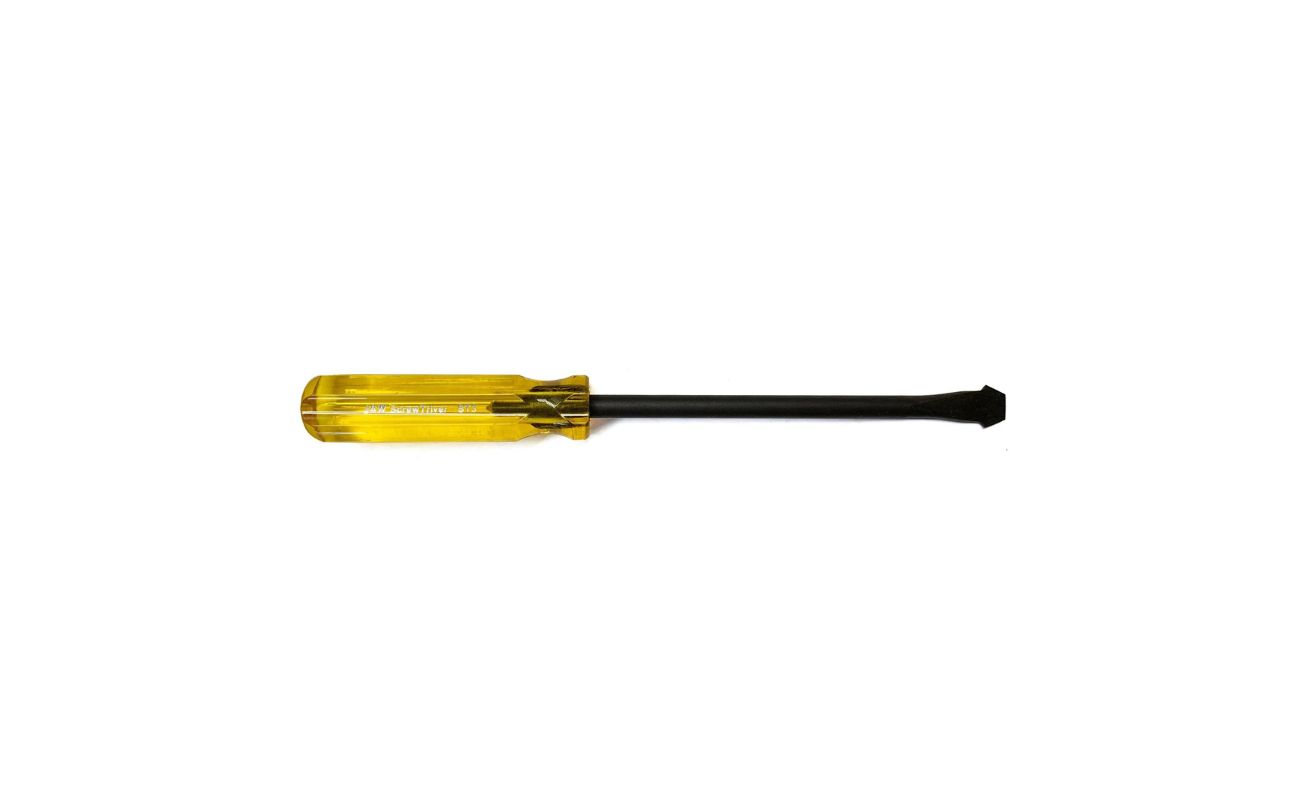
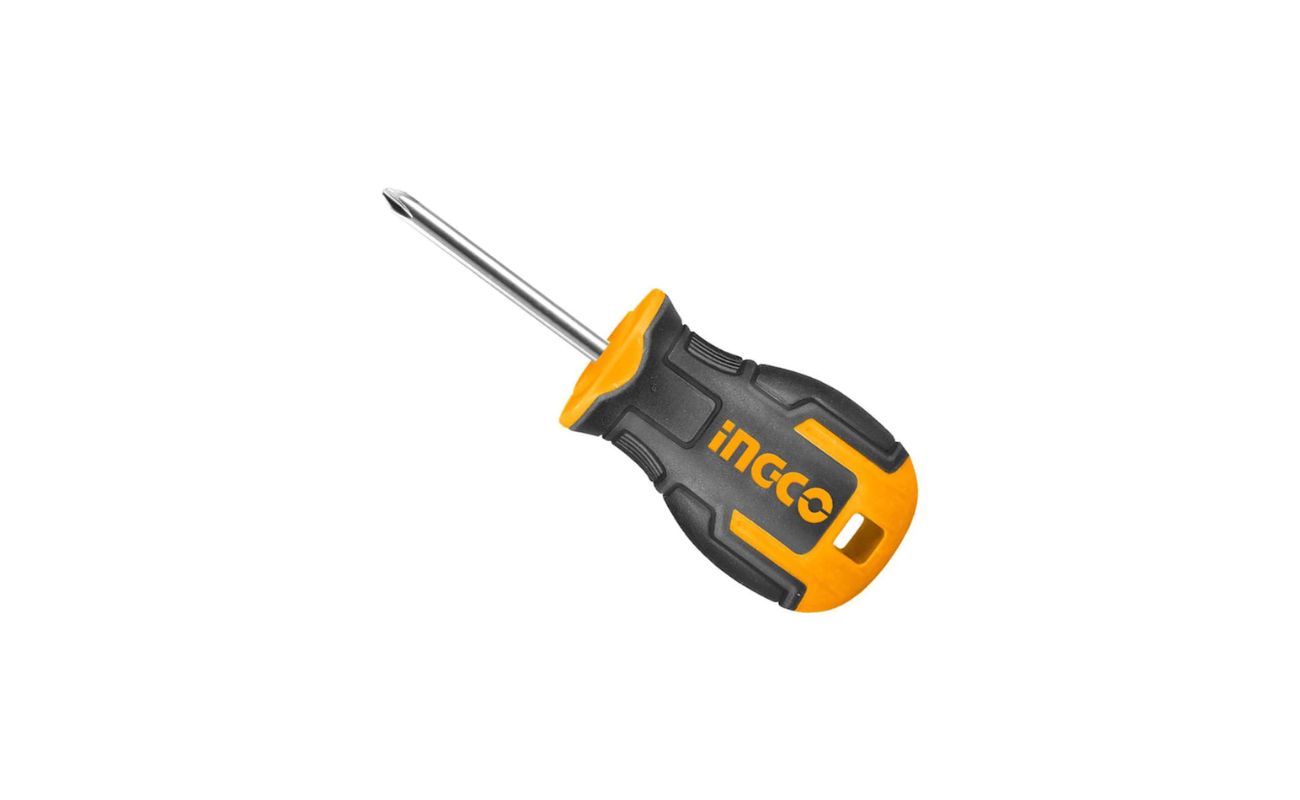
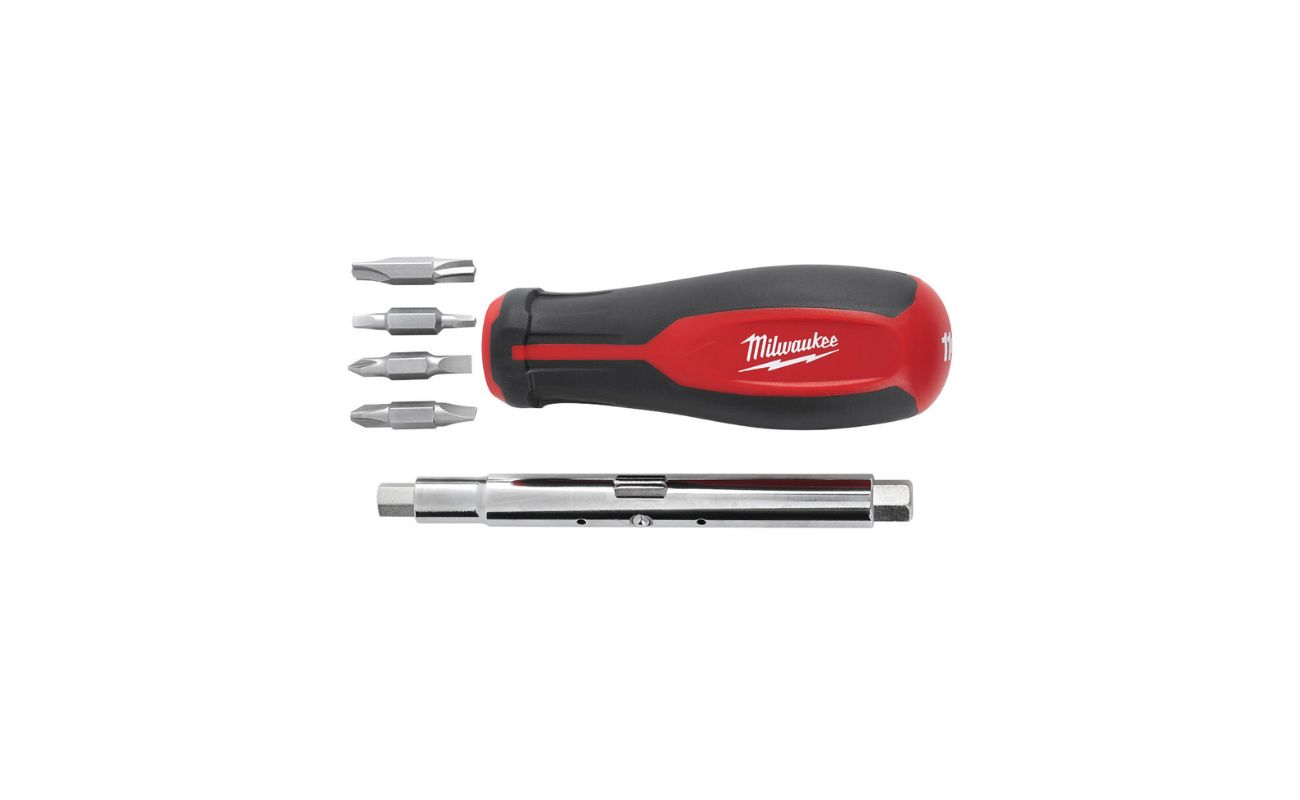
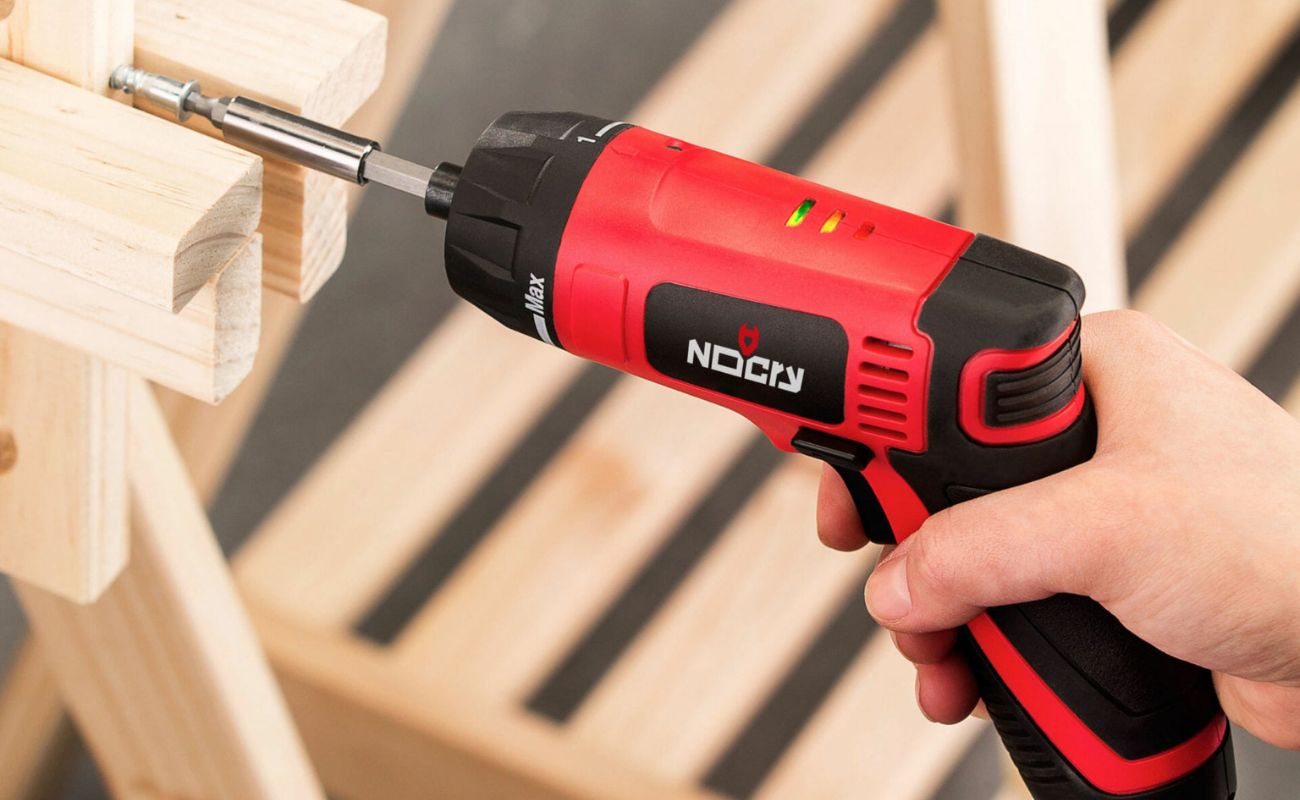
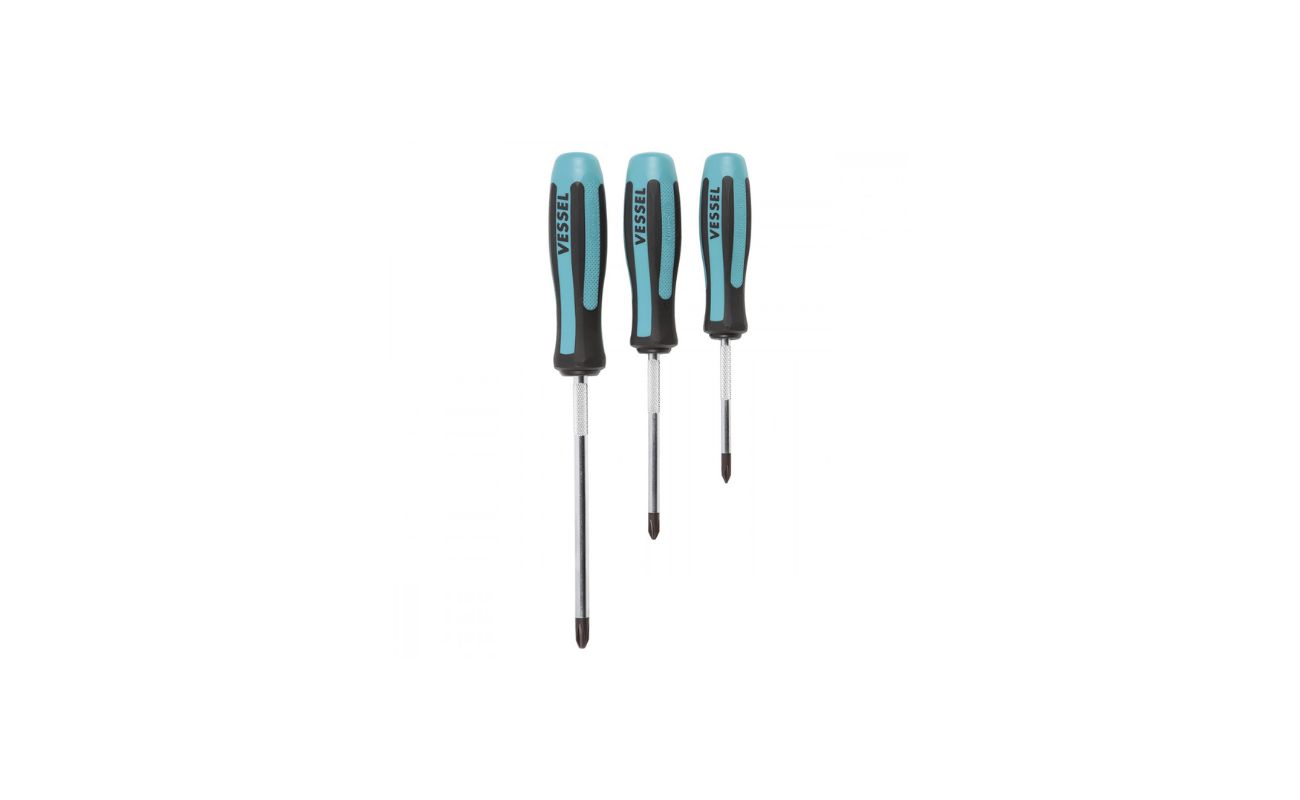
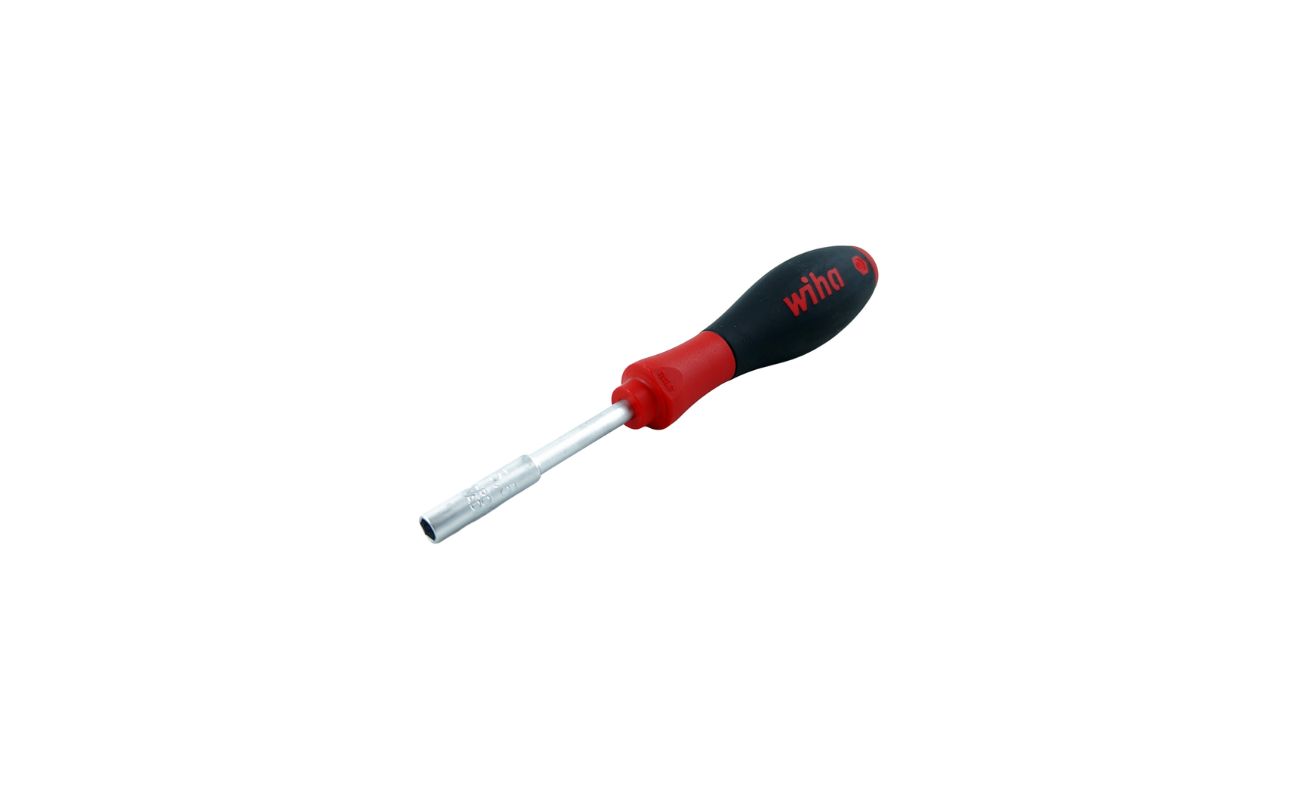
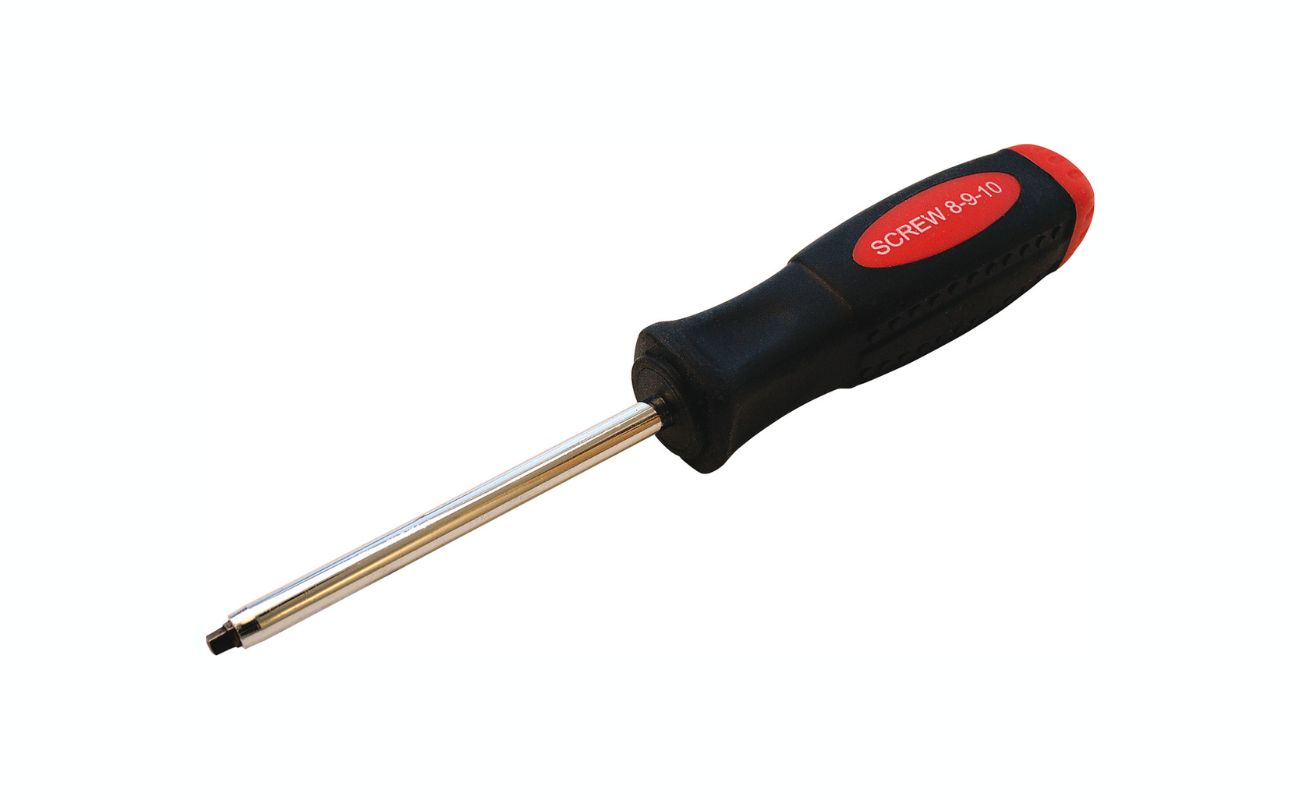
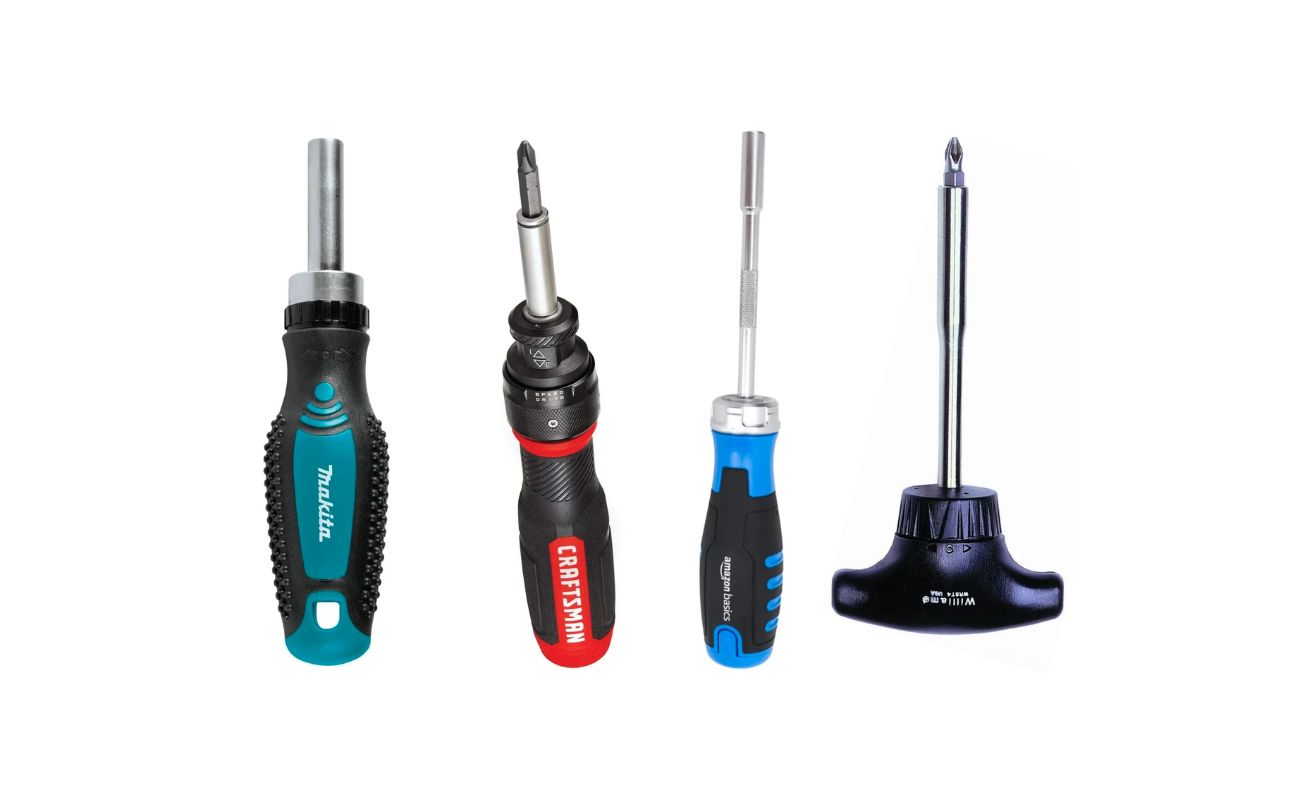
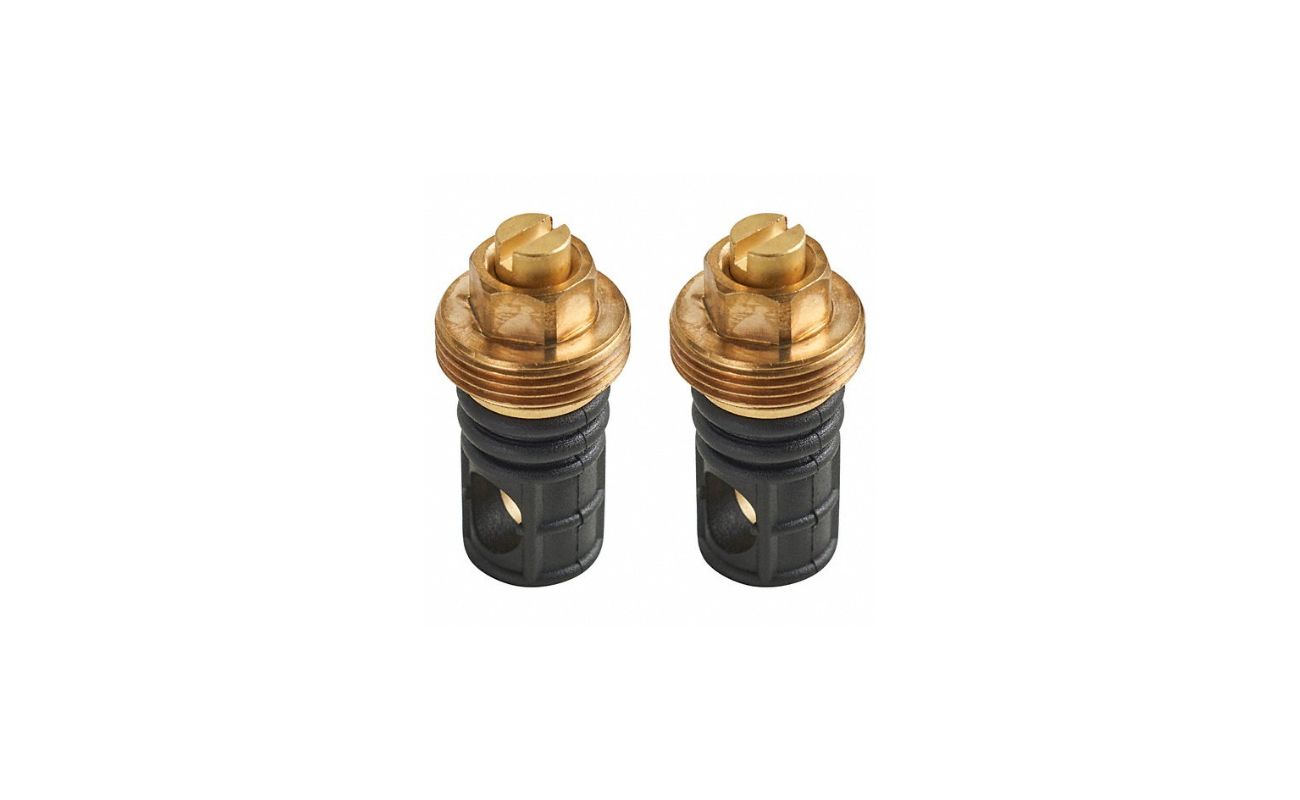
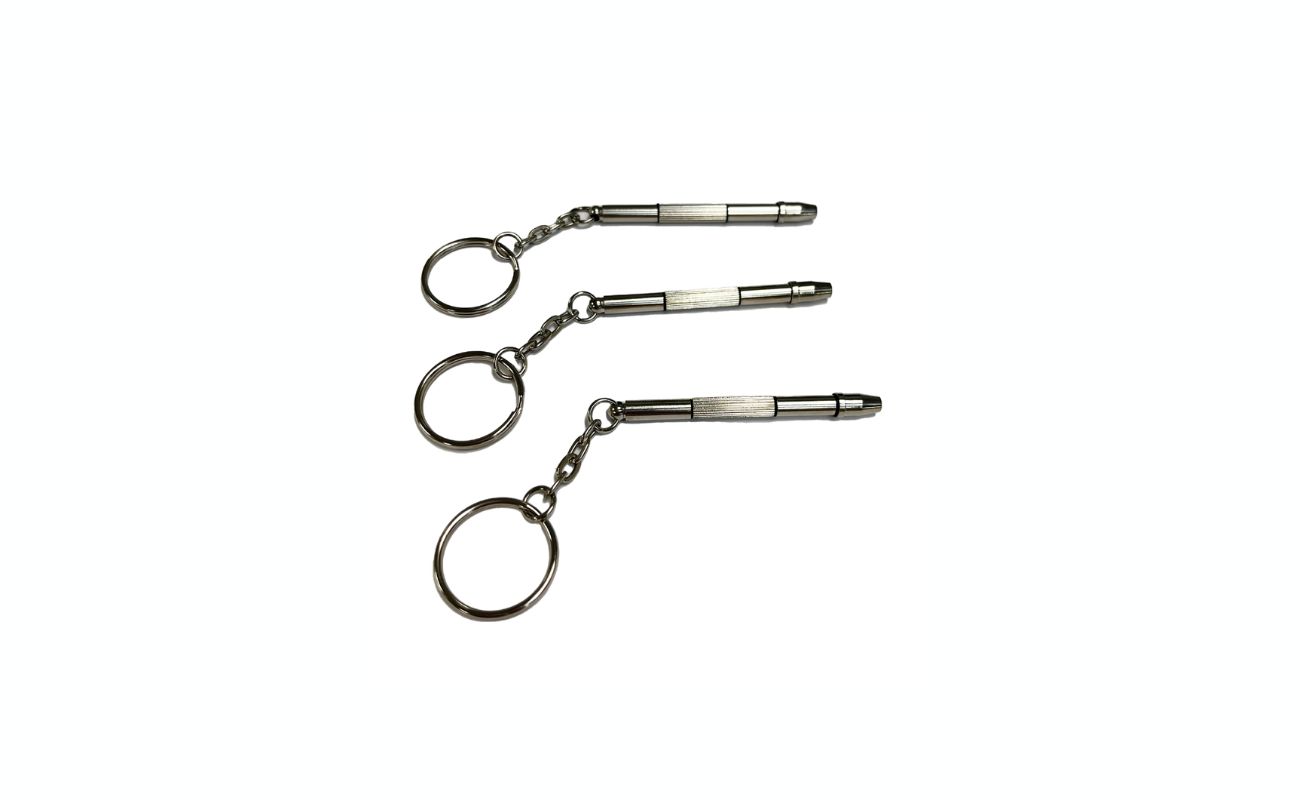
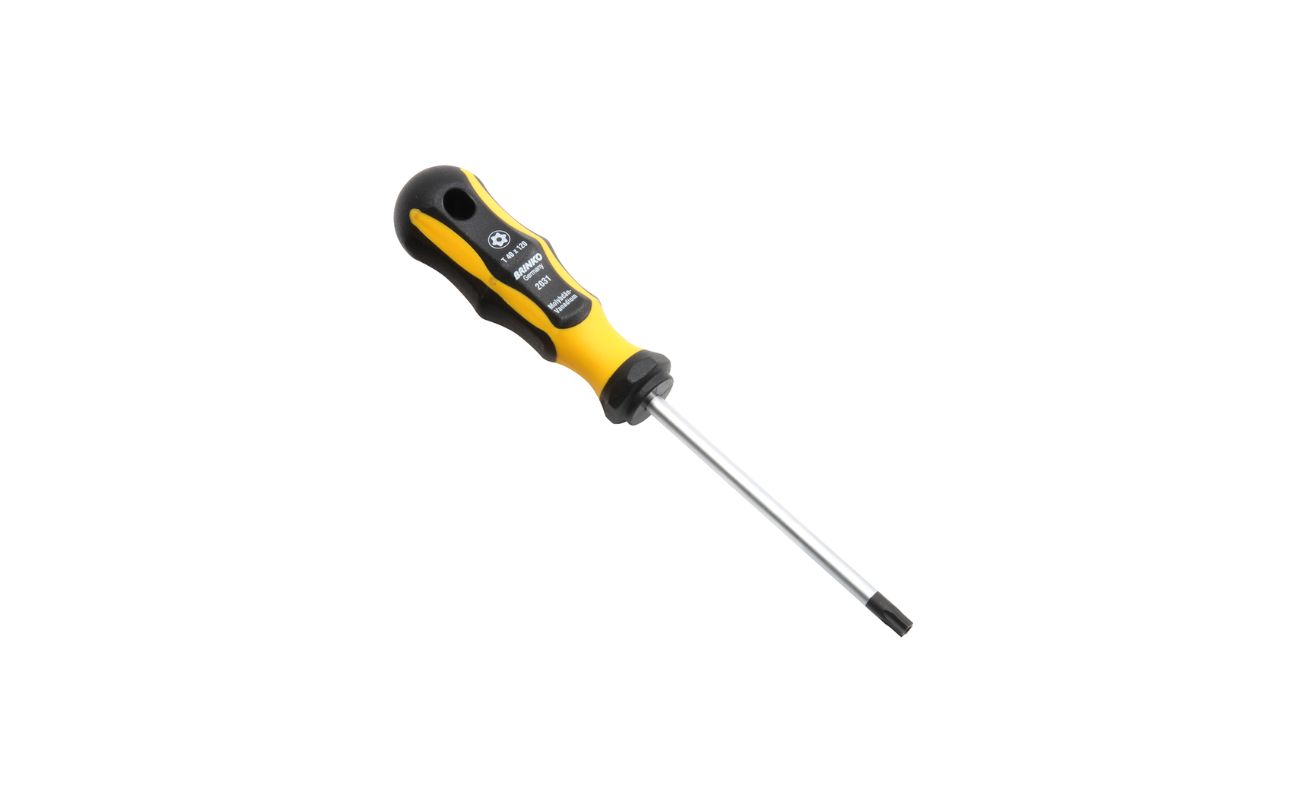
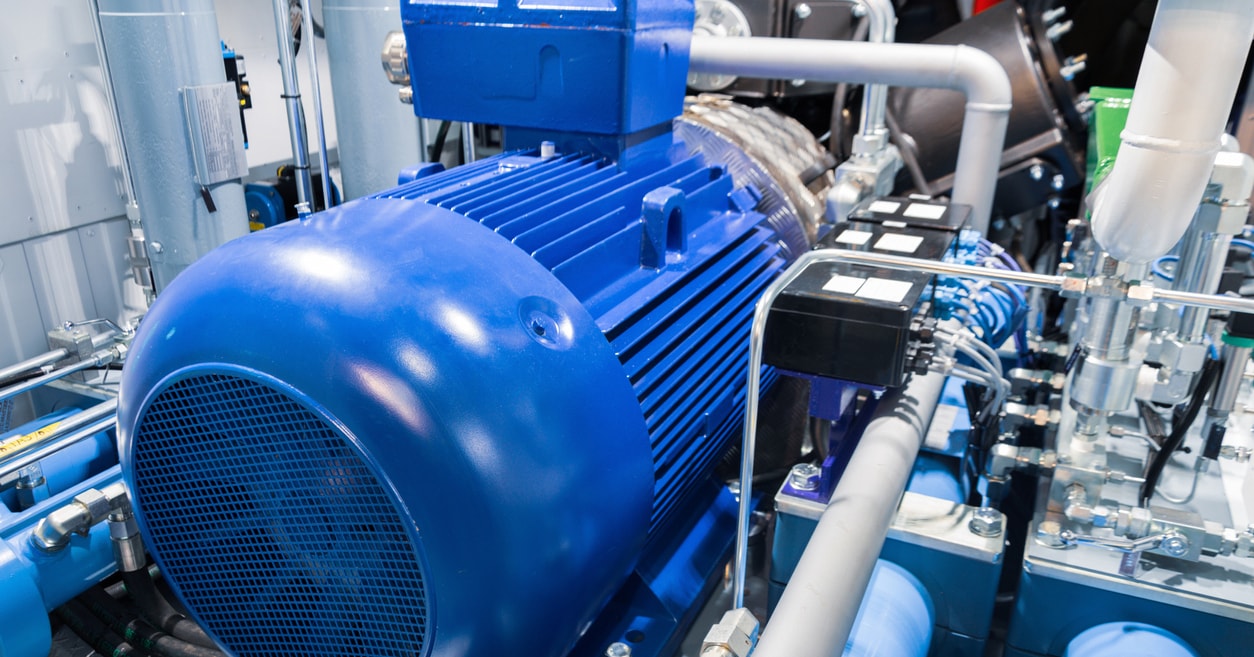
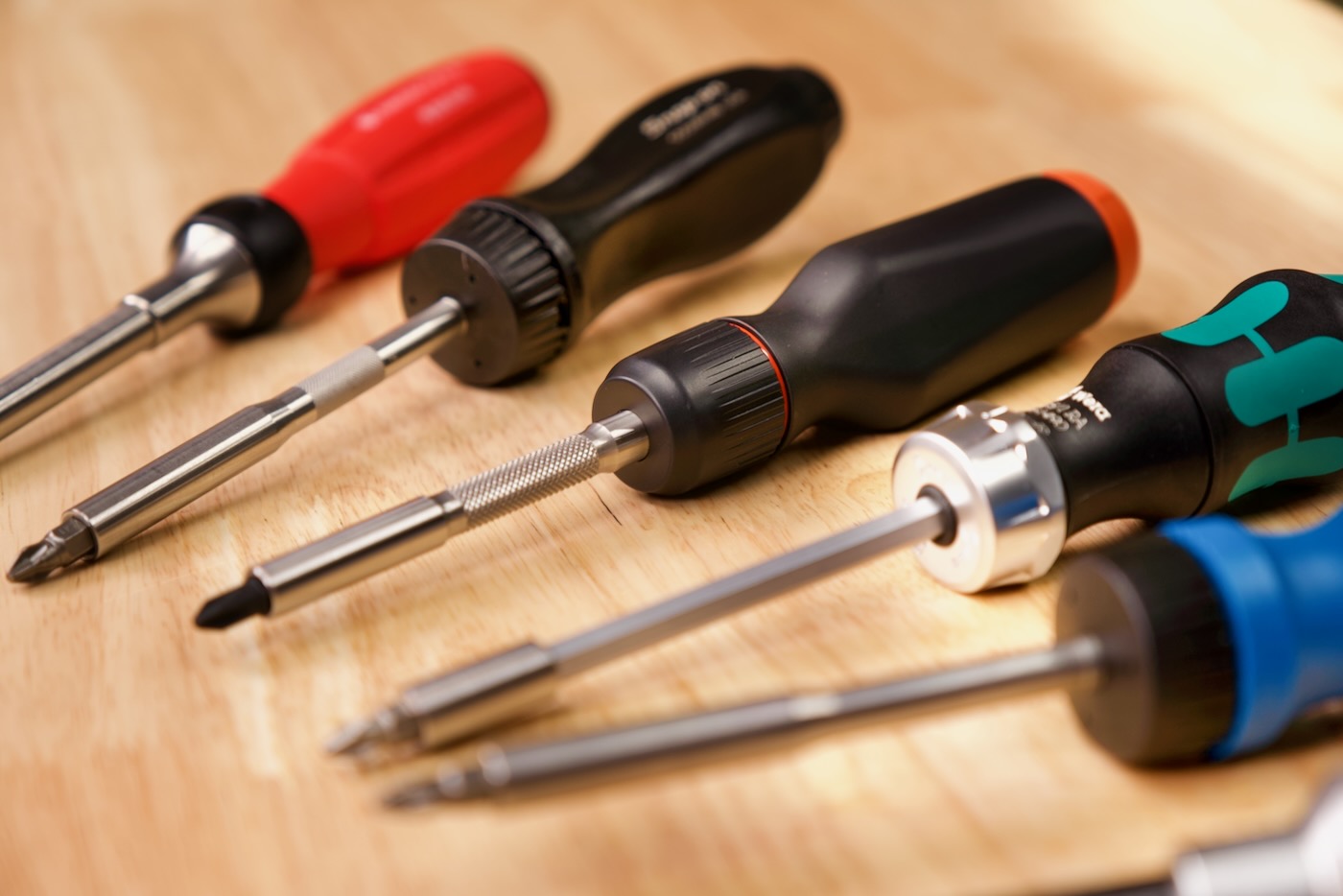
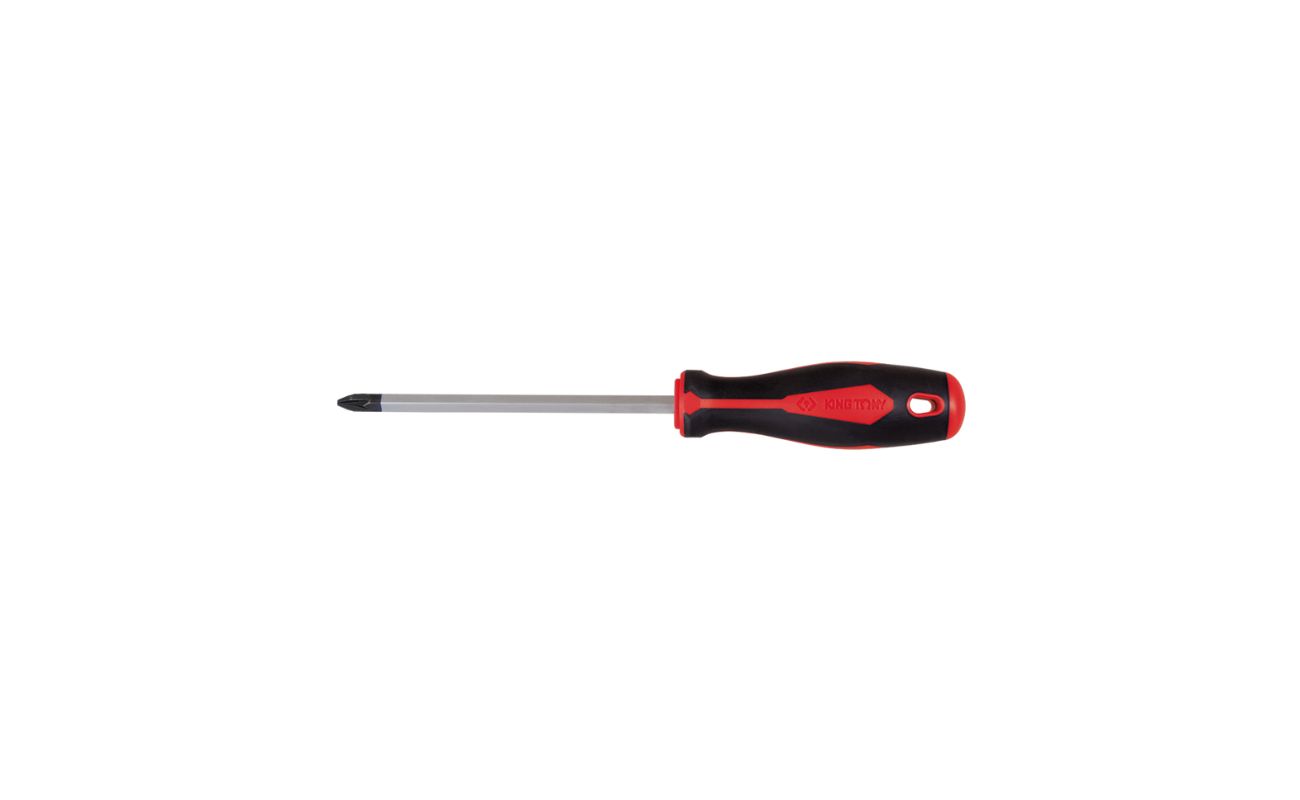

0 thoughts on “What Is A Torque Screwdriver”